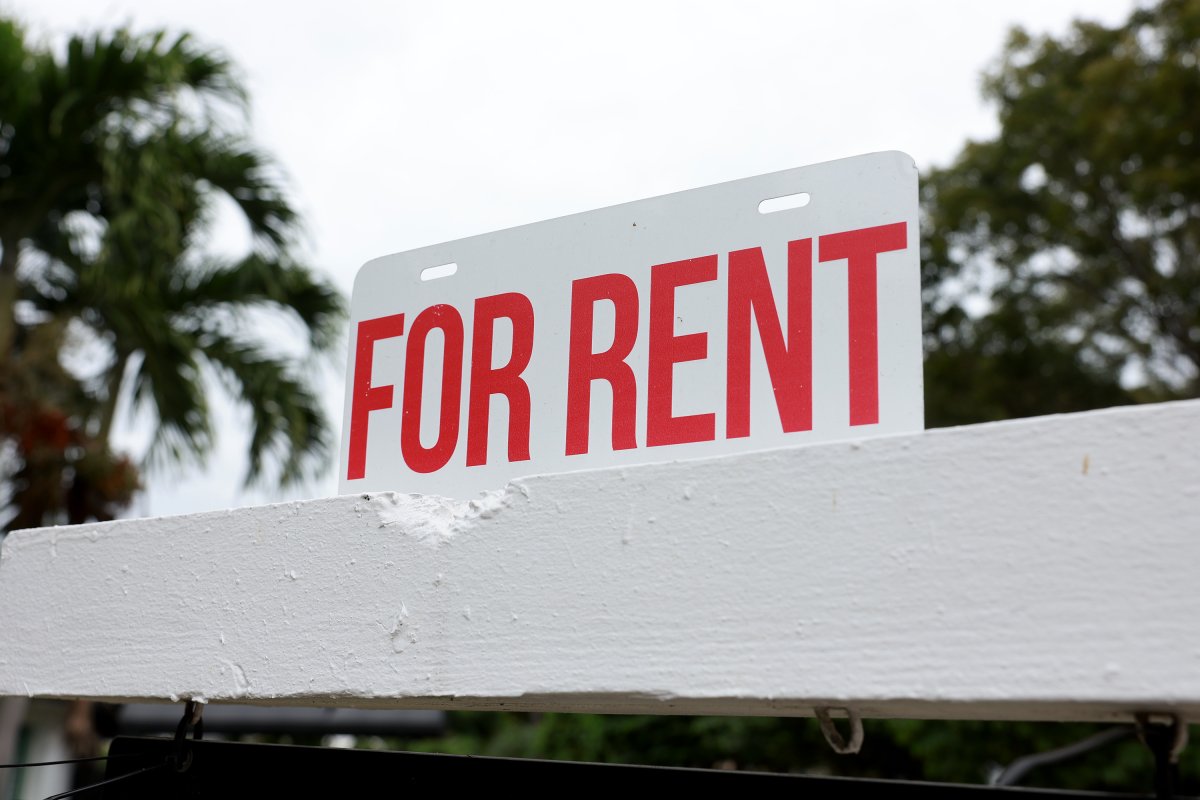As Gen Z faces down unique financial hurdles, there's another group that's feeling the pain: their parents.
According to a new Savings.com survey, 47 percent of parents are still covering the costs of their adult children. This includes everything from vacations to credit card bills, but 60 percent said they support their adult Gen Z children in paying their monthly rent.
Altogether, Savings.com found parents are contributing two times more to their adult children than to their own retirement savings each month. The average amount supplied to the children was $1,384 monthly. When it came to retirement savings, parents gave around half of that, at $609 on average.
The help was largely concentrated among Gen Z children, with the median age of the adult children being 22.

While some may criticize Gen Z for mooching off their parents, analysts say the situation reflects the larger financial circumstances in today's economy. For many Gen Z-ers, they're entering low paying jobs with student debt strapped to their backs. This, on top of surging rent and food prices, may make leaning on their parents necessary if they have the funds to help out.
"There is a clear challenge in the economy today. Driven by a convoluted mix of socioeconomic factors, adults receive help from their parents well into their twenties, thirties, and beyond," Beth Klongpayabal, Savings.com's analytics manager, said in the study.
Just looking at housing, rent prices have outpaced income growth in 46 of the 50 most populous U.S. metros since 1985. Some cities have reported rent increases of over 75 percent in the past 15 years.
"For some, it's tempting to simply say that today's young adults are just mooches and that a strong foot in the rear will launch them into normal, independent adulthood," Klongpayabal said. "That may be gratifying for parents who are tired of footing the bill, but it doesn't solve or even properly describe the economic factors at play, such as rising housing costs."
The financial support can go beyond just Gen Z's basic living expenses, said Kevin Thompson, a financial planner and the founder and CEO of 9i Capital Group.
"I have found that certain parents will indeed pay for a child's student loans and often other debts as well," Thompson told Newsweek. "This is becoming quite common, often to the detriment of the parents' living standards and impacting their own ability to retire."
As Gen Z weighs down on their parents' retirement potential, though, they are facing higher living costs, lower job prospects and larger debt burdens, which Thompson calls "the ultimate trifecta."
"The degree plan they may have considered either is no longer relevant in this ever-changing job market or it no longer merits the wages that were anticipated," Thompson said.
The parents then feel obligated to offer some relief, even when it's to their detriment, Thompson said.
"Economists have been saying for decades that we are leaving a legacy of debt for future generations. It just so happens to have come sooner rather than later," Thompson said.
The implications of a generation still relying on their parents are widespread, though, finance expert Michael Ryan, who runs michaelryanmoney.com, said.
"Relying on ongoing parental support can delay achieving full financial independence and hinder their ability to build their own stable financial foundation," Ryan told Newsweek. "It risks fostering a mindset of dependency rather than self-sufficiency."
Still, there's some nuance here. While many parents might be destroying their chances of a happy retirement, other parents might be in a solid spot to continue aiding their children, and it might not necessarily be a bad thing, said Alex Beene, a financial literacy instructor for the state of Tennessee.
"There's a common narrative that adult children getting financial assistance from their parents is a recipe for disaster, and it needs to end," Beene told Newsweek. "If you're a parent who is not damaging your own financial future by paying for things for your children at any age, especially at a time when inflation has driven prices significantly up across the board, then you and your children are lucky to have that kind of financial relationship."
The problem arises because many parents have record amounts of debt and face their own job insecurity.
"If you're a parent, you have to face a stark reality," Beene said. "If you are barely keeping yourself above water financially, and you're trying to help your adult child tread water, as well, you both may end up drowning."
Uncommon Knowledge
Newsweek is committed to challenging conventional wisdom and finding connections in the search for common ground.
Newsweek is committed to challenging conventional wisdom and finding connections in the search for common ground.
About the writer
Suzanne Blake is a Newsweek reporter based in New York. Her focus is reporting on consumer and social trends, spanning ... Read more
To read how Newsweek uses AI as a newsroom tool, Click here.






